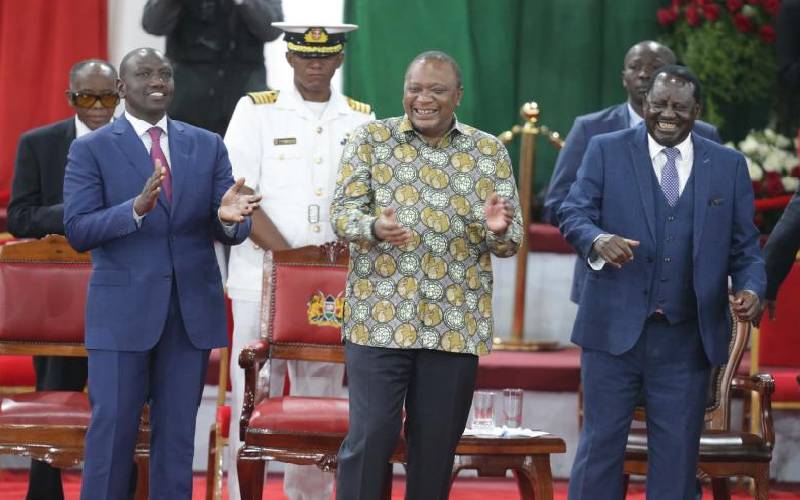
The contest to succeed President Uhuru Kenyatta has opened up the exciting possibility of a people-focused politics. Whether it is a product of high cynicism or not, the fact of the matter is that the debate over “dynasties vs hustlers” has reminded Kenyans of the obscene complacency of our economic and political elites.
The discourse over wheelbarrows has crystallised the plight of millions of Kenyans who have for decades been left to fend for themselves in low-productivity jobs while the Wenyenchi help themselves to our taxes. Now the genie is out of the box, and there is simply no turning back.